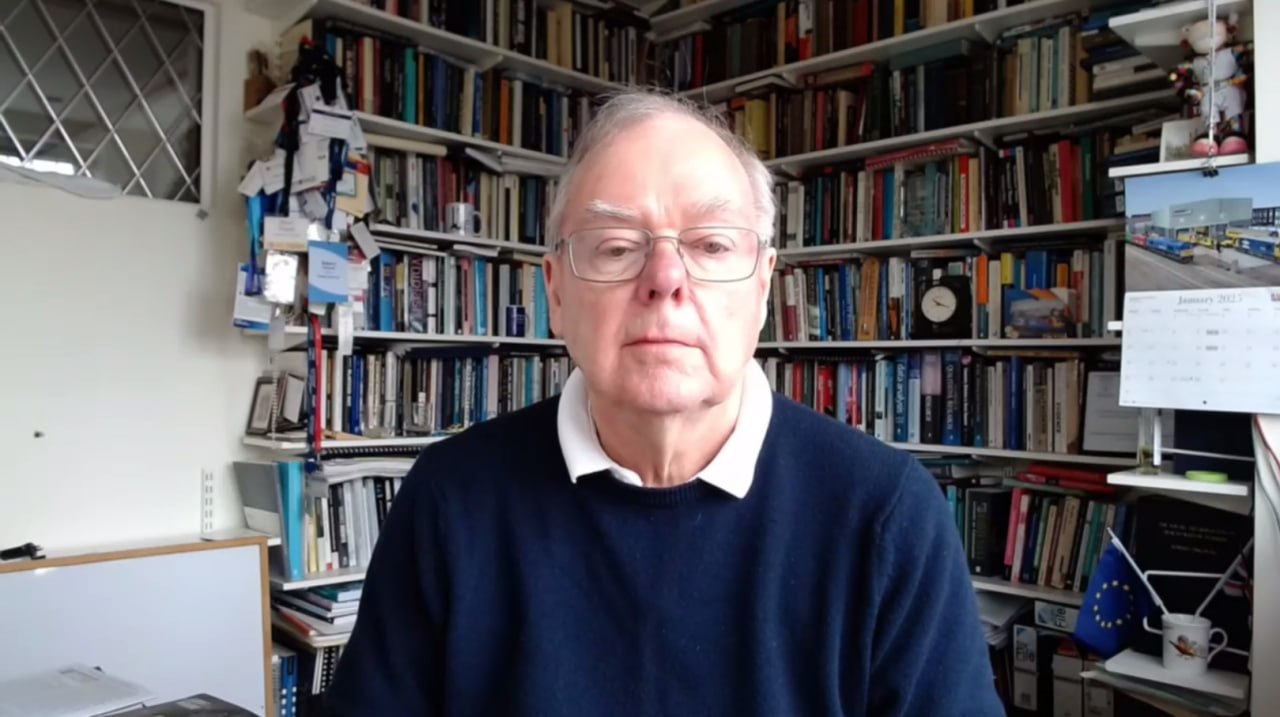Why Are 4.5 Million UK Children Living in Poverty?
How did one of the richest nations on Earth become a place where millions of children go without basic

How did one of the richest nations on Earth become a place where millions of children go without basic needs? Economist and Author Steve Keen joins us to expose the root causes of child poverty in the UK — from decades of austerity-driven policy to the brutal impact of inflation, benefit caps, and misguided economic myths. He challenges the mainstream obsession with “balancing the budget” and reveals how this thinking is not only economically flawed, but socially devastating.
1. How did the UK, one of the richest countries in the world, reach a point where 4.5 million children are living in poverty?
This is the result of a half century of austerity dominated economic policy. The belief that the governing budget must be balanced has been used to cut social security spending While leaving military spending untouched. This has led to degraded education and health services, which hit the poor but not of course the rich, who can afford to pay for private medical care and education.
2. What long-term consequences could this level of child poverty have for the UK’s next generation—in terms of health, education, and social mobility?
Austerity is often sold as “saving for a rainy day”, but not investing in youth now guarantees rainy days in the future. By not spending on health and education now, you end up with a sickly and ignorant workforce in the future, which undermines society rather than saving it.
3. To what extent has the cost-of-living crisis, including energy price spikes and inflation, accelerated child poverty in recent years?
These make child poverty worse unless their parents secure wage rises that compensate for them. This actually happened in the early days of the pandemic: wages rose faster than the increase in prices. But in the aftermath, wages are falling behind again.
4. How has the two-child benefit limit impacted working families, and what does the evidence say about its effectiveness versus its harm?
This has to be one of the worst policies ever. Not only does it give larger families less money to raise their children, it reduces their spending which undermines the GDP growth that the policy supposedly protects.
5. Are there ethical concerns with policies that force women to prove rape to access child support? Should personal circumstances like unplanned pregnancies or family breakups override benefit caps?
These policies are both unethical and ineffective. It costs money to set up systems to ask questions like these, and the costs of those systems often outweighs the savings they’re supposed to create.
6. What urgent steps should the UK government take right now to prevent the number of children in poverty from rising to 4.8 million by 2029, as predicted?
It should realize that it creates the money used to finance policies like this, and the so-called national debt isn’t a problem. I know this is hard for people to get their heads around, so consider this: if the Bank of England wanted to, it could buy all outstanding government bonds tomorrow. That would reduce government debt held by the private sector to zero, and it would mean that the Treasury didn’t have to pay any interest on the bonds at all.
Could a husband get out of your mortgage debt by having his wife create money to buy it back from the bank? No way: her “bank notes” would be forgeries. But the Bank of England could buy all outstanding government bonds tomorrow by putting, say, £2 trillion pounds in the Reserve Accounts of private banks, and recording all those bonds as its assets.
The paranoia about government debt is just that: the fears of the paranoid. When you understand how the government’s financial accounts work, there is no problem about a government spending more than it gets back in taxation: in fact, that’s an essential step in creating fiat money.









